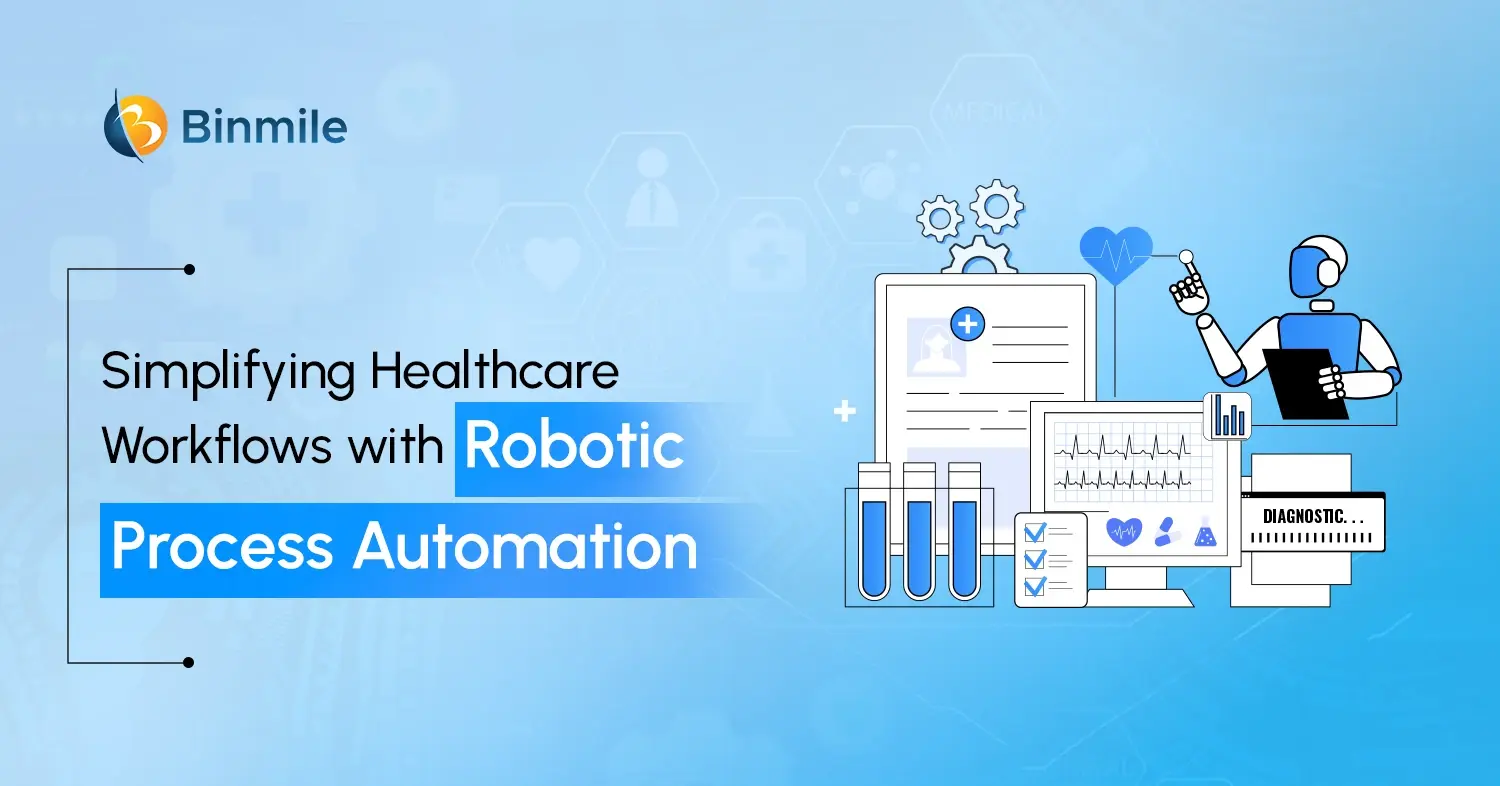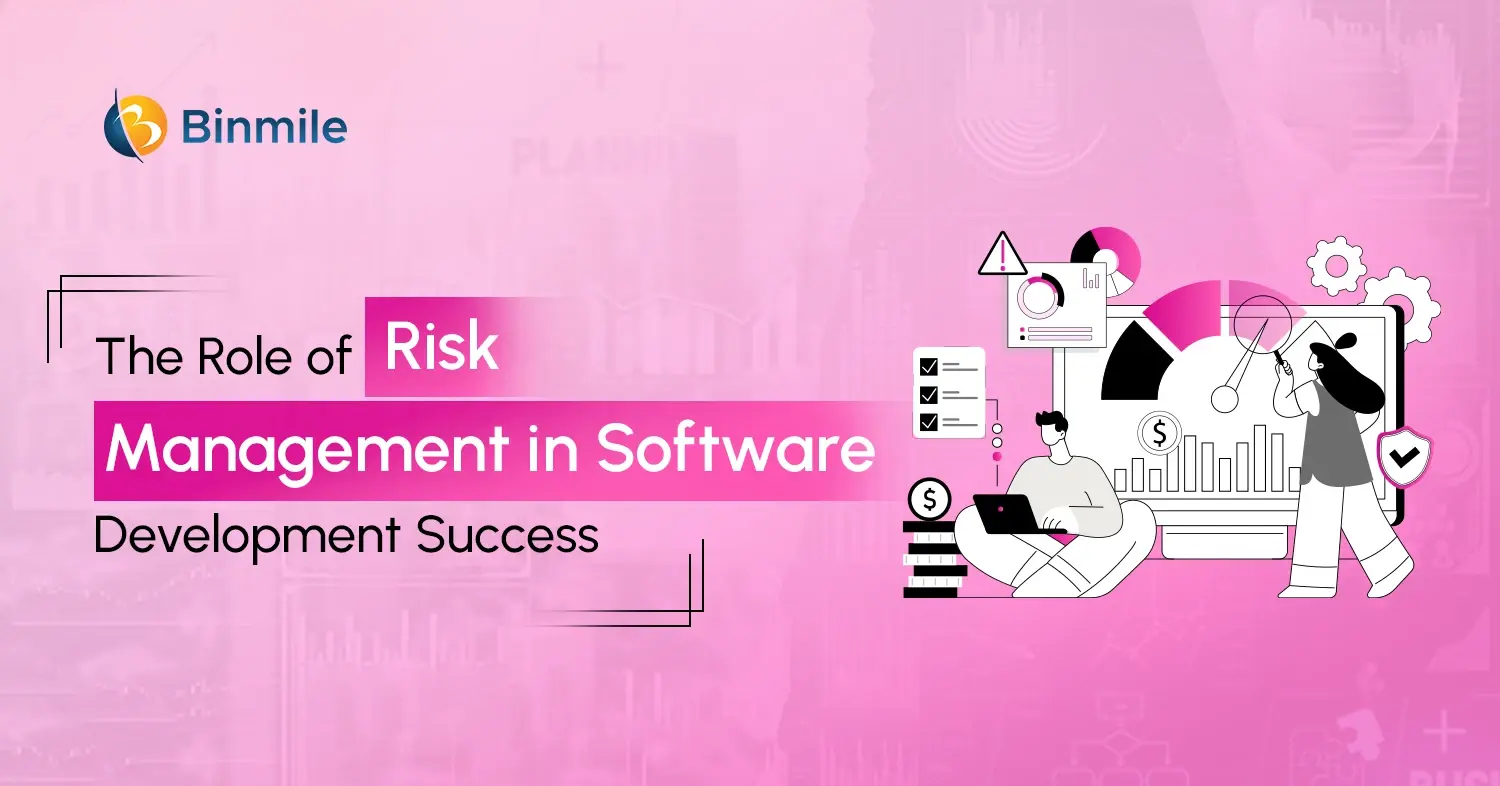Digital transformation is the integration of digital technology into all areas of an organization to fully realize the advantages of automation, artificial intelligence, and the Internet of Things (IoT). However, being tech-driven necessarily doesn’t mean just integrating new technologies into an organization’s operations—it’s also about a holistic shift in how a business operates, engages with customers, and delivers value. Therefore, small businesses need to be cautious before they implement it into their operations, since it affects all facets of an organization, from its business model to its culture, and requires significant change management. The digital transformation challenges of SMBs are fraught with challenges that demand careful navigation.
In today’s continuously disruptive times, overcoming SMB digital transformation hurdles is a must for small business enterprises. They must understand that SMB digital transformation strategies must take into consideration that digital transformation is more than just a technology problem and is actually also an organizational challenge. However, don’t let these obstacles stop you. In this blog, we’ll discuss the top 7 barriers to digital transformation in SMBs. Further, we’ll also explore best practices to help you successfully overcome them, let you harness the full potential of digital technologies, and realize your business objectives.
Digital Transformation Challenges in SMBs: Insights & Solutions for a Successful Transition
When digital transformation brings in so many opportunities and advantages to small businesses, then why is adopting or implementing it so difficult? The answer lies in how the process not only is about adopting new software, technologies, and processes that are more efficient and automated than traditional business practices and processes, but it’s more than that. Digital transformation also means finding an entirely new, innovative way of doing something that is core to your business. It also means, considering factors such as how people will react to the change, how it will impact customer relations, the cost, and even how it will align with business goals, etc.
As a small business owner, you naturally cannot take things lightly, but you also don’t need to be panicked about leveraging advanced technologies to your advantage. Digital transformations empower organizations to take their business into the future, position companies to withstand competition, and grow into new areas. So, let’s discuss ways you can handle digital transformation challenges in SMBs.
7 Navigating the Digital Transformation Challenges in Small Businesses & How to Win Over Them
Digital transformation signifies an epochal shift in business paradigms, revolutionizing operational frameworks, customer-centric approaches, and market positioning strategies. This transformative process extends beyond mere technological upgrades, so let’s understand the top 7 digital engineering challenges for SMBs and practical ways to address them:

1. Limited Budget for Technology
For small businesses, managing IT budgets and spending effectively can be a daunting task. Budget constraints are a significant hurdle for many SMBs. With limited financial resources, investing in essential digital tools and technologies often becomes a challenge. This can lead to outdated systems and processes, ultimately affecting competitiveness. Having an efficient IT budget is vital to the overall success of your company. Follow these tips:
- Analyze past budgets to understand previous allocations
- Prioritize tools with the best ROI.
- Explore open-source options & use scalable cloud services.
- Allocate a portion of the budget for project expenses
2. Talent Acquisition and Retention
It can be challenging for SMBs with insufficiency, and a lack of skilled digital talent can limit innovation and competitiveness. Additionally, not only is finding qualified digital engineers and tech professionals a persistent issue, but it’s also hard for small businesses to attract and retain top candidates. This may lead to project delays, increased workloads for existing staff with higher employee turnover, and increased recruitment costs. Thus, put this issue at the center of its strategy for economic growth and take these steps:
- Offer better work-life balance and new learning opportunities.
- Consider candidates based on desired skills rather than experience or education.
- Partner with local universities for internships.
- Utilize remote talent to access a much wider pool of talent with lower overhead cost
3. Integration of Legacy Systems
Many SMBs operate with outdated legacy systems that are not easily compatible with new digital solutions. It’s essential to improve internal processes and utilize business data; thus, SMEs need to integrate a new solution with your legacy system to make it happen. This can create data silos, hinder collaboration, and reduce overall efficiency, making it challenging to implement modern technologies. Thus, adopt the following tips:
- Avoid scraping the legacy systems in one go.
- Look for automated migration solutions or middleware for better integration.
- Document workflows for smoother transitions.
- Test the integration and plan for long-term maintenance.
4. Rapid Technological Changes
The fast pace of technological advancements can be overwhelming for SMBs. Keeping up with the latest tools and trends is essential for maintaining competitiveness, but it can be difficult to allocate time and resources for continuous learning and adaptation.
- Schedule regular training sessions.
- Subscribe to industry newsletters.
- Encourage a culture of innovation.
5. Key Security Concerns
Among other digital transformation challenges for SMBs, the challenges also extend beyond cybersecurity measures, data breaches, unauthorized access, and data analytics hurdles. Addressing these security issues is a critical aspect of digital transformation, but it’s difficult to manage and maintain, and small businesses often lack the resources to implement robust security measures. This vulnerability can lead to data breaches, resulting in financial losses and damage to a company’s reputation.
- Install a small business security system such as strong password policies or regular update software, file backups, and utilizing VPNs.
- Train employees on cybersecurity and data privacy measures.
- Must incorporate multi-factor authentication or proper access control into their employees’ devices and apps.
- Timely risk assessments and establish a data recovery plan.
6. Evolving IT Landscape
Technology continues to change at an exponential pace, making it nearly impossible for small businesses to fully understand and vet real technology and service provider capabilities. Thus, their digital solutions may struggle to scale effectively and lead to operational inefficiencies. So, to avoid creating bottlenecks and limiting the ability to respond to changing market demands, focus on:
- Choose flexible, cloud-based options.
- Regularly assess technology needs and plan for scalability from the start.
- Optimizing investments in digital transformation
- Inculcate the ability to shift and change your IT strategy as needed instead of relying on old methodologies.
7. Internal Resistance to Change
Total acceptance of employees is a challenge often overlooked by small businesses, but it impacts a major aspect of the company culture and even efficiency. This reluctance to embrace change leads to a deficiency of essential skills, and with a lack of effective communication across the organization, employees may approach it with various attitudes, such as total resistance to even leaving the job unsatisfied, thus causing a disparity of interests. The best way to handle it is by:
- Keeping employees engaged through the whole process and being transparent with them.
- Start with a slow transition, as it helps people shift their mindset and prepare for the new changes.
- Encourage, upskill, and reward the positive outlook towards the change.
- Regular follow-ups to keep everyone connected and informed while determining progress and identifying obstacles.
Transform your operations & boost efficiency—let's create a customized digital strategy that propels your business into the future!

Impact of Digital Transformation on SMBS: 5 Transformative Benefits
By proactively addressing these digital engineering challenges, SMBs can not only survive but thrive in a competitive landscape. With the right strategies and a commitment to continuous improvement, small and medium-sized businesses can leverage digital technologies to drive growth, enhance efficiency, and better serve their customers. Here are five transformative benefits of digital transformation for small businesses:

- Enhanced Efficiency & Productivity: By automating manual processes, digital tools help you reduce errors and improve productivity. With the right tools, not only there’s an improvement in day-to-day efficiency, but it also opens the door to new opportunities for growth. Thus leading to a boost in your overall functionality and processes.
- Increased Agile Capabilities: From optimizing current digital processes to upgrading hardware and software to embracing completely new technologies, digital transformation lets small businesses quickly adapt to these changes. Thus, fostering innovation and maintaining a competitive edge.
- Cost Savings: With the use of digital solutions such as cloud solutions and utilizing modern technologies, businesses can automate processes, decrease reliance on manual labor, optimize resource allocation, and minimize operational inefficiencies. Thus, reducing not only overhead costs but also investment in training or upskilling human resources.
- Data-Driven Insights: Every business needs smarter data and insight to improve their decision-making processes. Leveraging digital tools and products, SMBs can gather and analyze data from customer interactions to operational processes and transform it into actionable insights, hence improving decision-making and its impact on its overall ROI.
- Expanded Market Reach: Utilizing technology means that small businesses can expand to a wider audience via online channels and buy or sell products freely, regardless of their geographical location and potentially. This not only expands their operations but also boosts their pool of customers.
Is your legacy software holding you back? Discover how our application modernization services can breathe new life into your technology stack!

Wrapping It Up
There’s no doubt that the future is digital. The sooner small businesses set off their digital transformation efforts and move away from their current, inefficient processes, the better they have changes to outpace their competitors. However, to fully realize the potential of technology and embrace digital transformation, businesses must have insight into major digital transformation challenges for small businesses. We know digital transformation brings many potential benefits that can revolutionize not only your product and service offering but also the way your company works. However, not fully understanding the barriers to digital transformation in SMBs means you cannot strategically plan your digital initiatives without the risk of failing or underutilizing your resources, both machines and humans.
Of course, it can be challenging to reorganize and realign people and procedures around new technology and modify the way they work. Therefore, we shared our SMB digital transformation strategies to help you conquer your struggles to fully go digital in your processes and offerings. In case you need a digital transformation company that uses the right mix of digital and industry experience to help you go beyond customer expectations and boost ROI, we are listening! Our digital transformation consultants develop the right DX framework by understanding your operating models and matching them with best practices of the industry to bring you tangible results!









